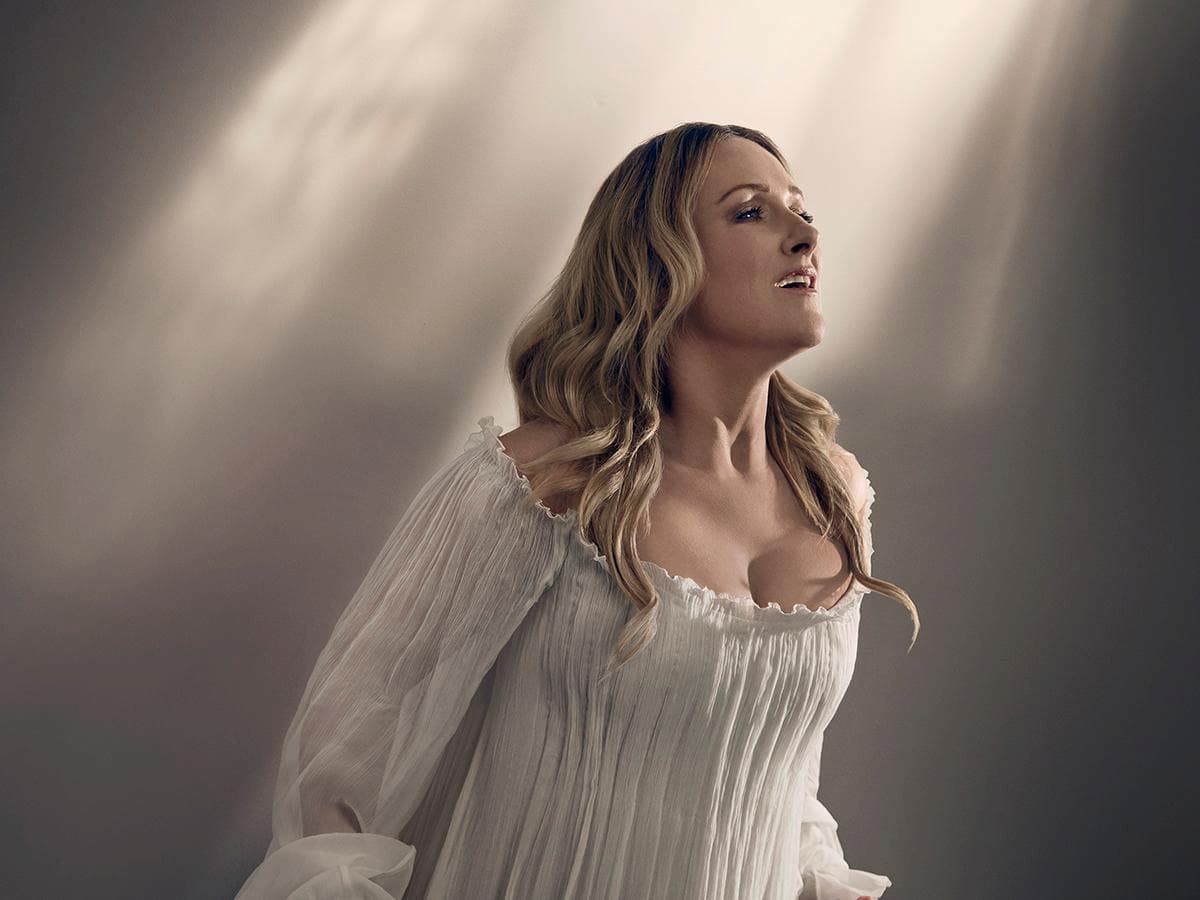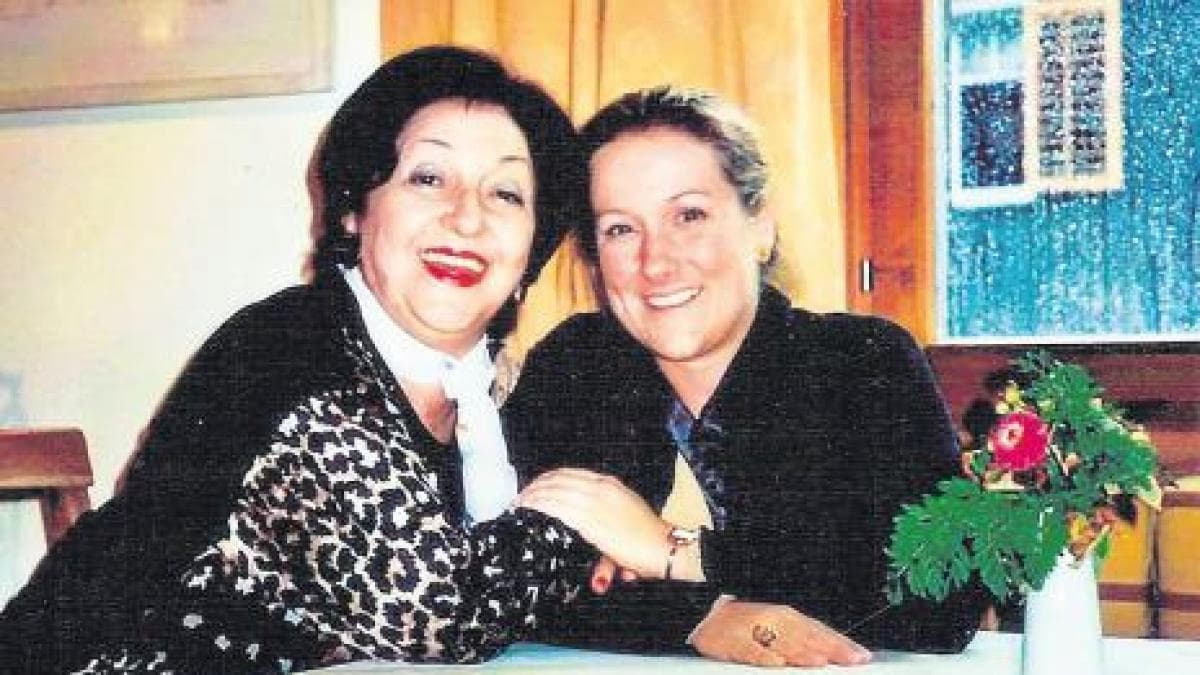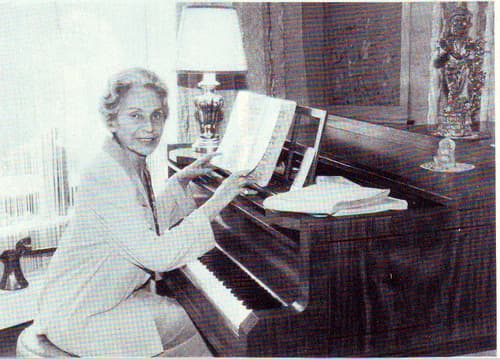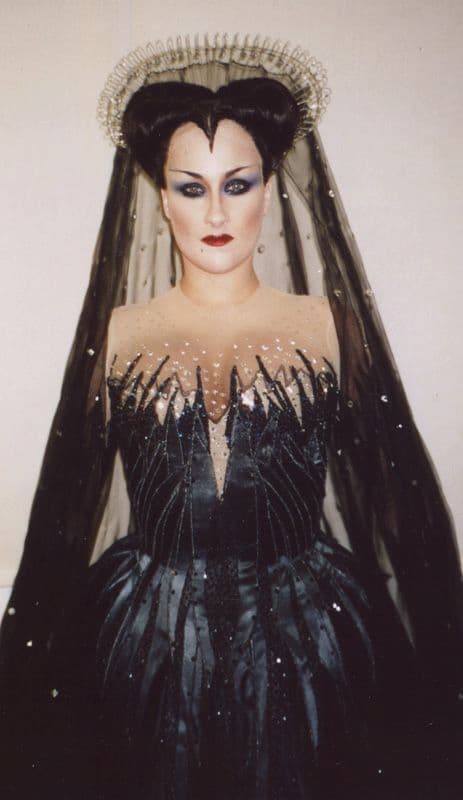Dazzling audiences with technical prowess and emotional depth, German soprano Diana Damrau has achieved international fame in opera and also in concert and lieder performances. Sporting impeccable diction, extended lyricism, and vivid theatricality, Damrau effortlessly commands the coloratura repertoire, and lately, the heavier roles of the bel canto as well.
Diana Damrau Sings Mozart’s “Queen of the Night”
Early Inspiration

Diana Damrau in Verdi’s La Traviata
Diana Damrau was born in Günzburg, Bavaria on 31 May 1971 into a musical family. A number of her family members are professional musicians, but there are no singers. Growing up in a small town in South Germany decidedly shaped her character, and at the age of 12, she watched the 1983 Zeffirelli film La Traviata with Teresa Stratas in the leading role. She remembers, “At that moment, I figured out that opera is the most beautiful thing for me on earth.”
Watching Teresa Stratas as “Violetta” opened a completely new world for Damrau, as she became aware of what people can do with “their bodies and voices to tell their wonderful stories.” Damrau “prayed to god to be able to study, and to have some talent.” And while she enjoyed dancing and singing as a child and also played the piano, she already knew that classical singing was where she really wanted to go.
Charles Gounod: Romeo et Juliette, Act I: Ariette: Ah! Je veux vivre dans le reve … (Diana Damrau, soprano; Munich Radio Orchestra; Dan Ettinger, cond.)
Important Teachers

Carmen Hanganu with Diana Damrau
At the age of 15, Diana Damrau’s talents were discovered by her music teacher, who recognised her potential and recommended Diana to his wife, the Romanian-German singer Carmen Hanganu. Damrau explained, “Hanganu prepared me for the entrance exam at the Würzburg University of Music. She was a very spirited lady who convinced me to go to college and not a conservatory, and to get a diploma.”
Together, they developed a large repertoire for the entrance exam and Damrau was admitted to the Hochschule für Musik in Würzburg. Damrau readily acknowledges Hanganu for providing her with a solid foundation and expert guidance, and Hanna Ludwig for “lighting her artistic fire.” Ludwig sang at the first Bayreuth Festival after World War II and after retirement from the stage, she became a leading vocal teacher.
Diana Damrau Sings Lehár’s Giuditta, “Meine Lippen, sie küssen so heiß”
Injury and Recovery

Hanna Ludwig
Training for a career as a professional singer is a rather complex undertaking, especially for a young person. Damrau relates, “The energy is there, you want to do it, but first you have to learn how your body works. Everybody sees the postural problems of a pianist but with singing you can’t see what your vocal cords and larynx are doing. You need a good teacher who can push you in the right direction.”
During the course of her studies, Damrau developed oedema on her vocal cord and consulted a number of doctors. She decided to forgo surgery and find alternative therapy. As she explained, “my vocal cord injury enabled me to understand my voice deeper.” After about a year and a half, she graduated from the Conservatory and went on to Salzburg to work with Hanna Ludwig. Damrau made her professional operatic debut at the Würzburg Theatre in 1995, later joining the company ensemble.
Richard Strauss: 4 Last Songs, TrV 296 (Diana Damrau, soprano; Anton Barakhovsky, violin; Bavarian Radio Symphony Orchestra; Mariss Jansons, cond.)
Culture is not a Leisure Activity

Diana Damrau as Queen of the Night
Diana Damrau is an outspoken activist on behalf of music and culture. As she explained in a recent interview, “We all need strength in our everyday life, for our personal problems in order to be able to achieve something on a larger scale. Culture is not a leisure activity! Music keeps people’s morale up because it gives hope. This is incredibly important!”
For Damrau, attending a concert is much more than simply going out on a date or catching something to eat. “Music and culture speak directly to the human soul,” she explains. “It is like a medicine as things become clear that you cannot even understand with your mind.” Above all, people have to learn again how to communicate with each other, “not only in their local communities but also around the world.”
For more of the best in classical music, sign up for our E-Newsletter
